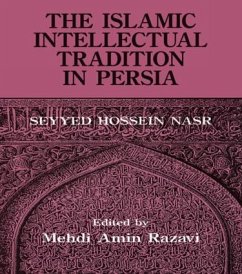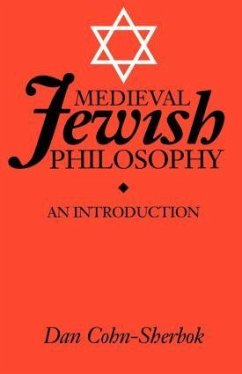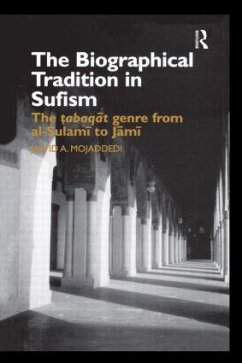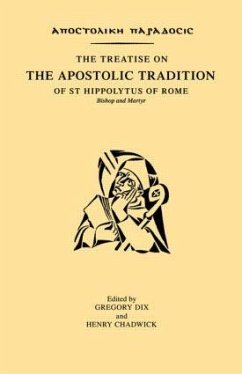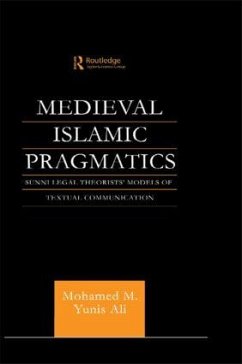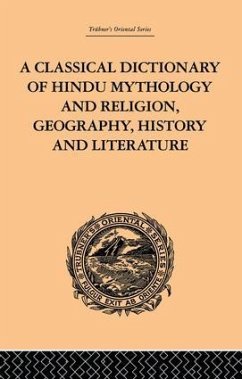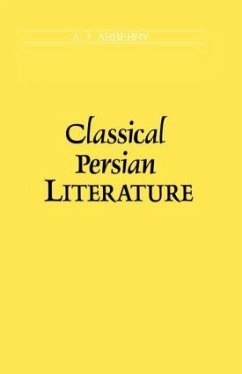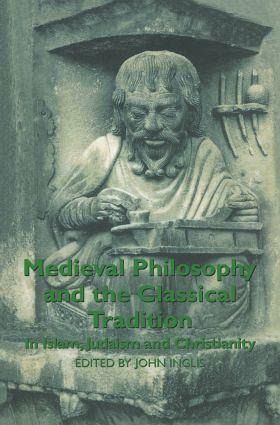
Medieval Philosophy and the Classical Tradition
In Islam, Judaism and Christianity
Versandkostenfrei!
Versandfertig in 1-2 Wochen
60,99 €
inkl. MwSt.
Weitere Ausgaben:

PAYBACK Punkte
30 °P sammeln!
An initial chapter on the history of Islamic philosophy sets the stage for sixteen articles on issues across the three traditions. The goal is to see the Islamic tradition in its own richness and complexity as the context of most Jewish intellectual work.





